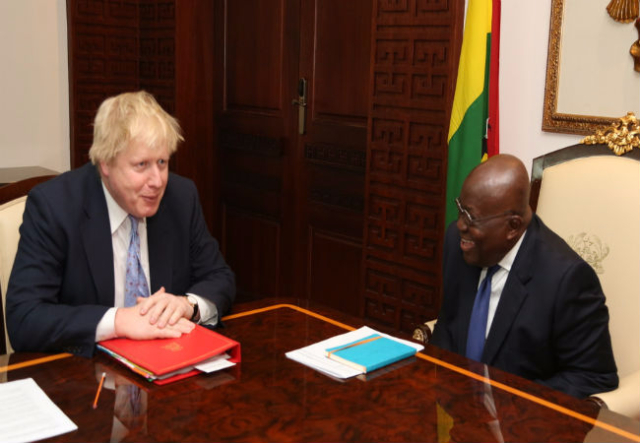
By Appolonia Uwanziga
The UN Food and Agriculture Organization (FAO) has launched a new initiative to support and empower rural women across the country.
The organisation last week launched the second phase of Rural Women Economic Empowerment (RWEE) project to help accelerate economic empowerment for women.
The $400,000 (about Rwf330m) project is a programme implemented by the World Food Programme (WFP), International Fund for Agricultural Development (IFAD), the Food and Agriculture Organisation and the United Nations Entity for Gender Equality and Women’s Empowerment (UN Women).
The project was first launched in 2015 in Nyaruguru District operating in three cells, including Cyahinda, Maraba and Nyagisozi.
It is expected to help rural women create jobs as well as explore market opportunities and end the cycle of poverty, Attaher Maiga, the FAO country representative, said.
He pledged to continue supporting capacity building and training programmes for rural women to ensure they can develop profitable relationships with financial institutions.
“The joint programme will focus on four goals, including improving food and nutrition security, increasing incomes, enhancing leadership and participation in rural institutions, and creating a more responsive policy environment at the national and international levels,” he noted.
Maiga said the project will entirely focus on supporting rural women’s livelihood by helping them sharpen their entrepreneurial skills so they can increase household incomes and help reduce poverty.
According to Maiga, the project will help more than 200 women start smallscale enterprises and contribute to the better leadership of their homes and improve food and nutrition security of their households.
“When women are empowered and can claim their rights and access to land, leadership and opportunities, and economies grow, and food security is enhanced and prospects are improved for current and future generations,”
Marie Rose Musanganire, a maize farmer in Nyarunguru District, said giving women the same access to resources as men will help increase productivity.
“When women are empowered – economically and socially – they become leaders and agents of change toward economic growth, social progress and sustainable development,” she said.


